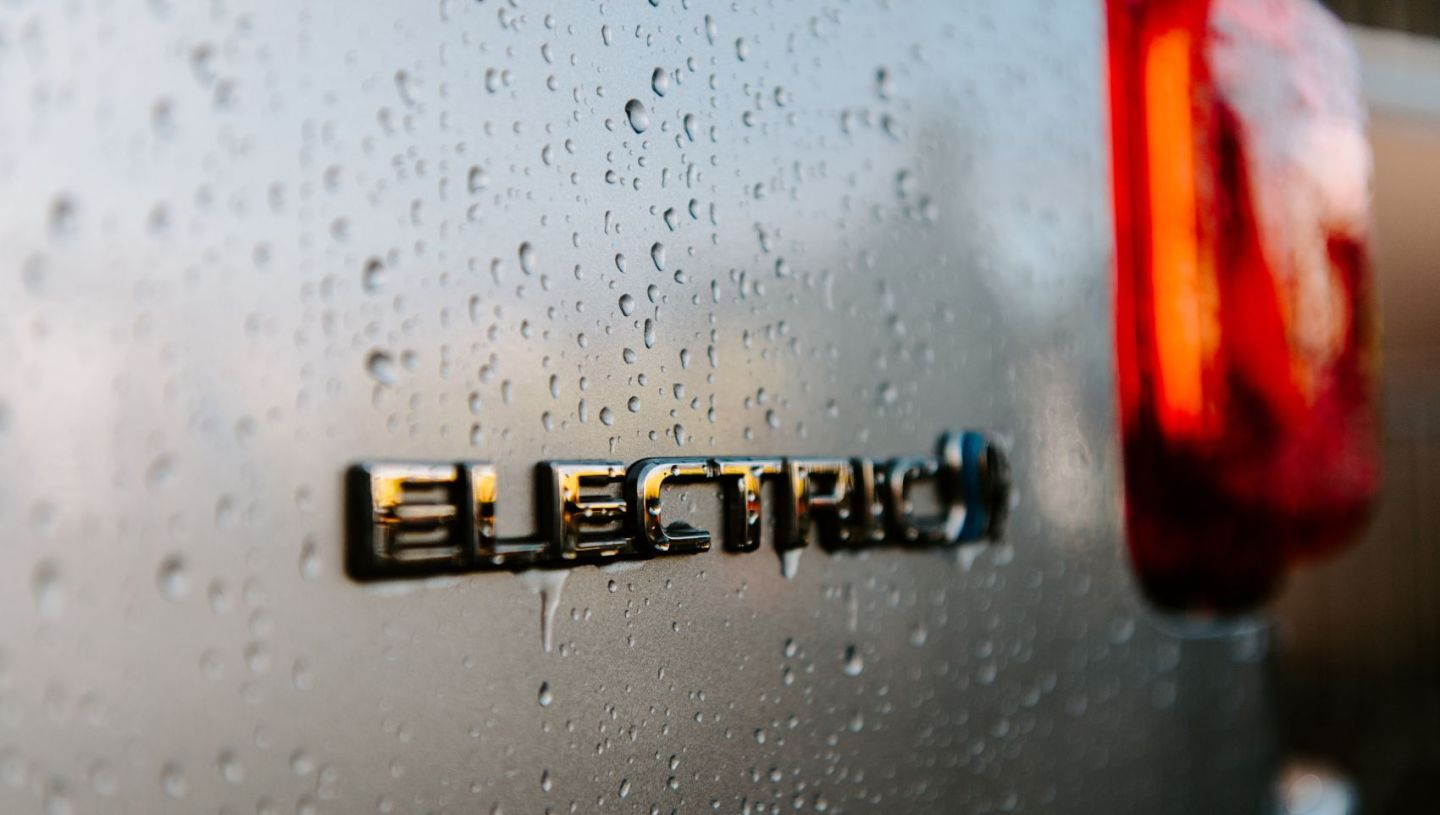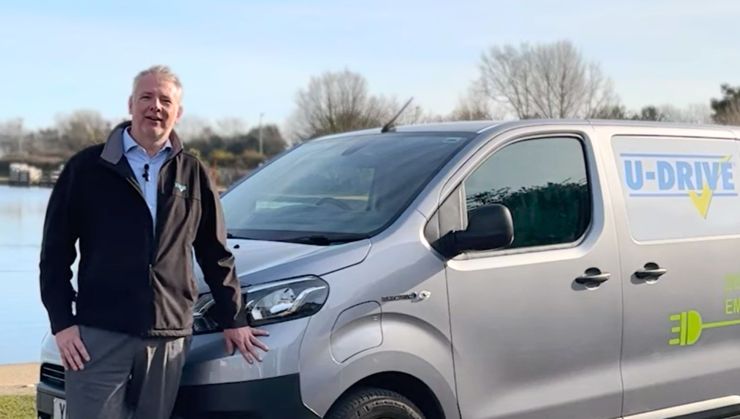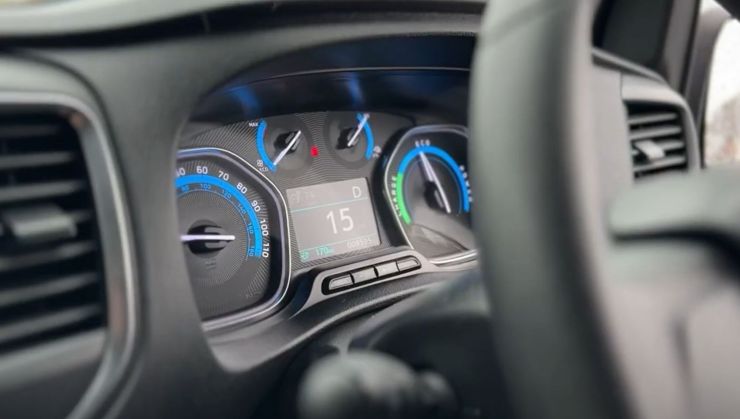Last Updated: 5th August 2024
Myth: EVs offer no climate benefit over conventional cars
A common misconception about EVs is that they offer little or no climate benefit over conventional cars due to the emissions associated with manufacturing their batteries. This claim, such as the one made by former Conservative peer Matt Ridley, stating, "An EV has to travel 50,000+ miles to break even with an ICE [internal combustion engine] car," is simply not true.
The Fact
Carbon Debt Payoff: A typical EV pays off its "carbon debt" from battery production in less than two years. The International Council on Clean Transportation (ICCT) confirms that an EV in Europe can offset its carbon emissions after around 11,000 miles (18,000 km).
Lifecycle Emissions: Over its entire lifecycle, an EV's CO2 emissions are approximately three times lower than those of an average petrol car. As electricity grids continue to decarbonize, these benefits only increase.
Improving Over Time: The ICCT's 2021 lifecycle analysis indicates that an EV bought in Europe cuts emissions by 66-69% compared to a conventional car, with this saving expected to rise to 74-77% by 2030.
Did you know that Carbon Brief’s analysis shows that a Tesla Model Y, the world’s best-selling EV, would pay off its “carbon debt” after about 13,000 miles (21,000 km) in the UK—less than two years for the average driver.
Common errors in false EV claims
Overestimating Battery Production Emissions: Critics often cherry-pick older studies with the highest emission estimates.
Unrealistic Fuel-Efficiency Figures: Real-world efficiency for combustion-engine cars is about 40% worse than test cycles suggest.
Ignoring Fuel Production CO2: Refining and producing fuel adds at least 20% more emissions on top of what comes from the car’s tailpipe.
EVs are a crucial part of our journey towards a more sustainable future. The evidence is clear: they offer substantial environmental benefits over their lifecycles and these advantages are growing as our energy grids get greener.
Myth: Keeping older cars is more environmentally friendly than buying a new electric vehicle
A common claim is that keeping older cars is more environmentally friendly than buying a new electric vehicle (EV). Comedian Rowan Atkinson even argued in The Guardian that “keeping your old petrol car may be better than buying an EV.” But is this really true?
The Fact
The Guardian published a factcheck debunking Atkinson’s argument. Assistant editor Jeremy Warner of the Daily Telegraph suggested that sticking with old gas-guzzlers is better for the planet than switching to EVs. However, analysis shows that retiring an “old banger” early for an EV is actually a net benefit for the environment.
Carbon Brief Analysis: Despite the initial CO2 emissions from manufacturing an electric car and its battery, a new EV starts cutting emissions after driving 20,000-32,000 miles.
Payoff Period: For an average UK driver, replacing an old petrol car with a new EV pays off the carbon debt within around four years. This timeline varies depending on the fuel efficiency of the car being scrapped, annual mileage, and the battery size of the new EV.
Even though avoiding the premature scrapping of functioning vehicles makes financial sense, transitioning to an EV sooner rather than later has clear environmental benefits. As electricity grids become greener, the advantages of driving an EV will only continue to grow.
Myth: EV battery lifespans are uncertain
Many articles have questioned the longevity of EV batteries, and that they could become a financial disaster for EV owners. But let's clarify the facts...
The Fact
Manufacturer Warranties: Most EV manufacturers offer battery warranties of at least eight years. EVs do not depreciate faster than conventional cars.
Consumer Concerns: It's understandable that consumers may have concerns about battery life. Even MG, a Chinese-owned UK brand, acknowledges this on its website.
Evidence of Longevity:
Autocar Insight: Despite rumours, most EV batteries last the lifetime of the car. Tesla even states their batteries are "designed to outlast the vehicle."
Recurrent Motors Study: A study of 15,000 EVs found only 1.5% of batteries had been replaced. 90% of cars with over 100,000 miles still had at least 90% of their original range.
Nissan's Experience: Nic Thomas, Nissan UK's marketing director, said, “Almost all of the [electric car] batteries we’ve ever made are still in cars…And we’ve been selling electric cars for 12 years.”
The evidence above highlights that EV batteries are proving to be reliable and long-lasting, dispelling the myth of their uncertain lifespan so if you're thinking about making the transition to EV, don't let batter lifespan put you off.
Myth: Electric vehicles explode
Lets address and debunk one of the trending myths about electric vehicles - that EVs can explode.
The Fact
In a July 2023 article for the Sun, Jeremy Clarkson labelled EVs as "bloody dangerous," claiming they can explode. However, data from Norway, where over 20% of cars are electric, shows standard combustion engine vehicles catch fire about five to six times more often than EVs.
According to Robbie Andrew of the Cicero climate research institute, emergency services respond to approximately 30 fires per 100,000 standard cars annually, compared to around five fires per 100,000 EVs.
The European Union’s LASH FIRE program confirms EVs are not more hazardous than conventional cars, although they present different risks due to lithium-ion batteries.
Context Matters:
Despite evidence, media outlets have wrongly blamed EVs for fires they did not cause, such as a cargo ship fire falsely linked to electric cars. While EV batteries can experience thermal runaway in fires, similar to traditional fuels, they are newer and require adaptation in safety protocols. EVs are not prone to exploding, contrary to sensational claims. They undergo stringent safety tests and have advanced battery management systems.
Britain’s Power Grid and Electric Vehicles
In August 2023, the Sun claimed "Britain’s creaking power grid cannot cope with charging electric cars," as part of their campaign against EVs. However, National Grid refutes this as a "myth."
The Sun and Howard Cox suggested the UK grid couldn’t handle EV demand without significant upgrades. But National Grid ESO explains that our grid can manage, citing reduced peak demands due to energy efficiency improvements.
With advancements like offshore wind farms and smart charging technologies, the grid is evolving to support increased EV adoption and integrate renewable energy sources. By leveraging smart technologies, EVs can help balance energy demand, using green power efficiently and supporting grid stability during peak times.
As more EVs hit the road, the UK grids are poised to handle the load, benefiting from decreased reliance on oil and increased electricity efficiency.
Electric Car Charging Infrastructure
In early 2023, the Daily Mail and the Times claimed the "electric car revolution [is] at crisis point" in the UK due to a "charging point shortage". But recent data tells a different story.
Despite claims of a crisis, UK EV sales grew by 36% in the first nine months of 2023, with a global increase of 40% in the first half of the year. The UK now boasts over 62,000 charging points, a 43% increase year-on-year. Plans are in place to reach 100,000 by 2025, well on track for the government's 2030 target of 300,000.
BloombergNEF estimates over $1tn investment is needed globally by 2050 for EV charging infrastructure. Significant progress has already been made across Europe and beyond.
Initiatives like the Rapid Charging Fund and collaborations between National Grid and utilities are rapidly expanding the network of fast chargers, ensuring convenient access across strategic road networks.
Whether it’s at home or on the go, efforts are underway to alleviate "charging anxiety" and support a seamless transition to electric vehicles.
Electric Vehicles and Range Anxiety
There’s a common myth that electric vehicles (EVs) don’t go far enough on a single charge. Let's set the record straight!
The sweet-spot for an EV’s range is between 150 and 300 miles, which covers the majority of daily driving needs in the UK. On average, an electric van can travel between 100-250 miles on a single charge.
In the UK, a car travels 20 miles on average a day. For longer journeys, planning routes with charging stations along the way ensures smooth travel. Many EVs and navigation apps already integrate charging stops into the journey, making it convenient to find suitable breaks.
For longer trips, ultra-rapid chargers are increasingly available at service stations across the country. They can charge an EV to full in about 30 minutes, comparable to the time spent during a typical service station stop for a drink or restroom break.
With home chargers, up to 80% of your charging can be conveniently done overnight while you sleep, ensuring your EV is ready for the day ahead.
Depending on the battery size and charging speed, EVs can be fully charged in as little as 30 minutes at rapid chargers, or up to 12 hours with home chargers.
As technology advances and charging infrastructure expands, range anxiety will become a thing of the past.
The transition to electric vehicles can be a challenge for any business, but we are here to help. For a specialist consultation on how you can bring more EVs into your business, please call our team on 0800 980 9966.
Looking To Transition Your Fleet To EV?
Are you looking to transition your fleet to EV but don't know where to start, or need some guidance throughout the process? Our EV Consultancy service can support you at every step, from a free consultation offering advice on all things EV, to analysing your current fleet usage, site surveys and even tailor-made training for you and your team to help your business transition to EV seamlessly.



